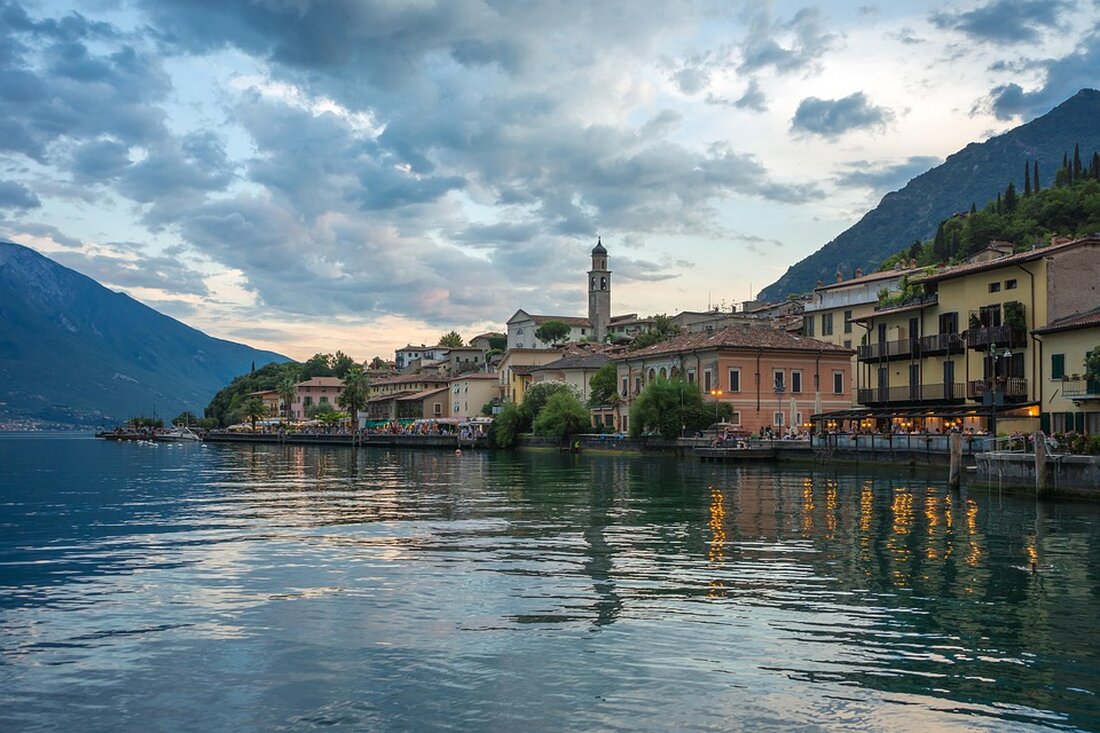Alcohol ban in Limone: order for tourists on Lake Garda!
Limone sul Garda introduces an alcohol ban to reduce overtourism and noise pollution. There is a risk of fines of up to 500 euros.

Alcohol ban in Limone: order for tourists on Lake Garda!
The picturesque town of Limone sul Garda on Lake Garda has imposed a temporary alcohol ban to meet the challenges of increasing tourism. This ban, which came into force on April 19, 2025 and is valid until November 1, prohibits the possession and consumption of alcohol in public spaces such as streets, squares and parks. The aim of the municipality is to create order through this measure and to improve the relationship between locals and tourists. Violations of the alcohol ban can result in fines ranging from 25 to 500 euros, although exceptions apply for approved events.
Limone sul Garda is not the only tourist destination on Lake Garda facing the challenges of overtourism. The popular resort has been attracting German holidaymakers for many years and, like numerous other destinations such as Sirmione, is struggling with an increasing number of visitors. In Sirmione, due to the massive influx of tourists on the first weekend in May, there was traffic chaos, which led to discussion about possible entrance fees for the old town. Access to the city is via a single bridge, which subsequently had to be partially closed, meaning visitors had to wait up to 40 minutes to enter.
Measures against overcrowding
Given this situation, local hoteliers, residents and shop owners are calling for immediate action to avoid similar incidents in the future. Security Councilor Massimo Padovan has already proposed a reservation system for peak days. The city is also planning an overhaul of the parking system and increased controls. However, Mayor Luisa Lavelli made it clear that no final decisions have been made regarding the introduction of entrance fees. A launch could be considered as early as this summer.
On the west coast of Lake Garda, Limone sul Garda is also trying to combat waste pollution, noise pollution and vandalism with its alcohol ban. The police and law enforcement officers will monitor compliance with the ban in order to ensure a better quality of stay for all guests.
As current developments show, the measures taken by the communities on Lake Garda are a sign of the challenge of finding the balance between tourism and the quality of life of the locals. Such regulations could be groundbreaking for other overcrowded tourist destinations that also suffer from the consequences of mass transport.

 Suche
Suche
 Mein Konto
Mein Konto